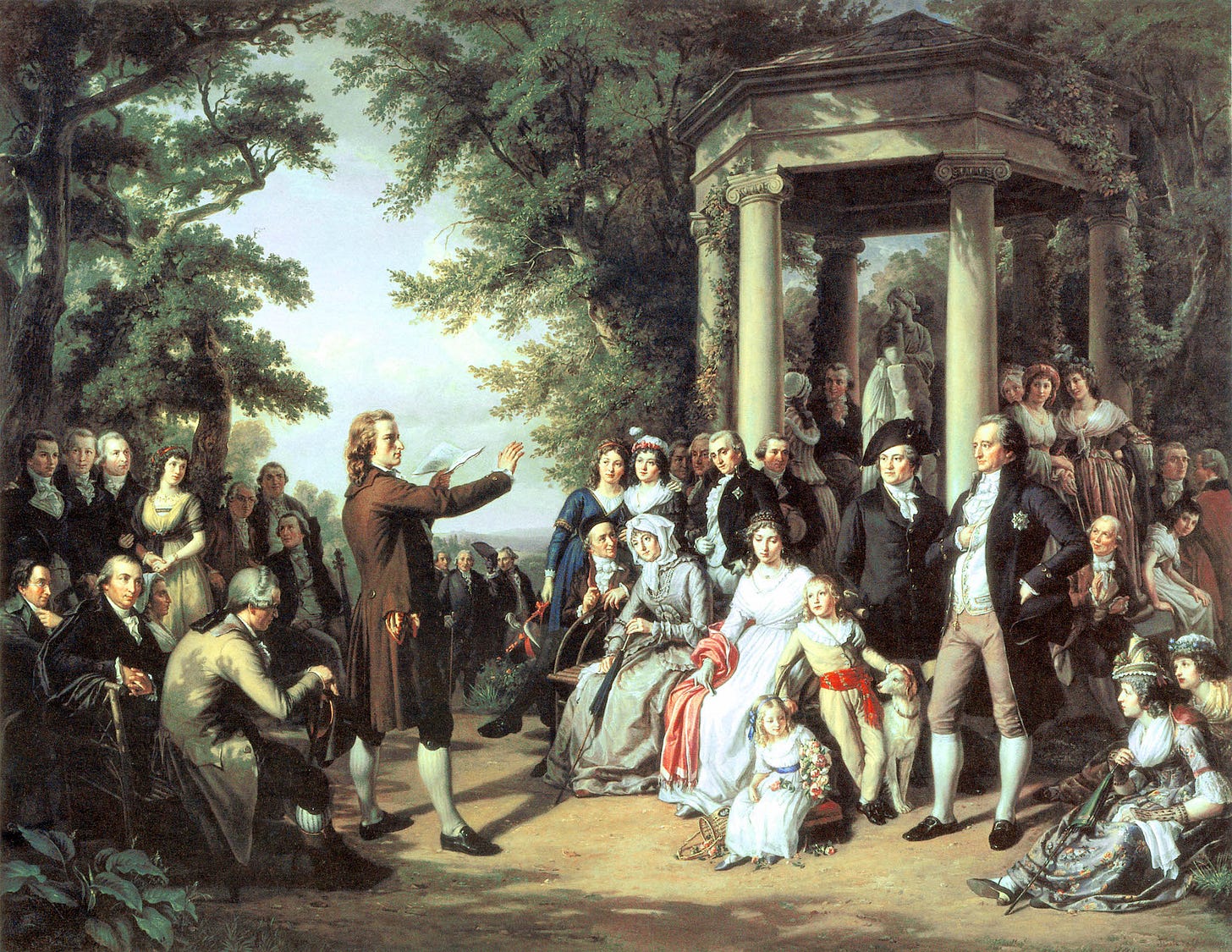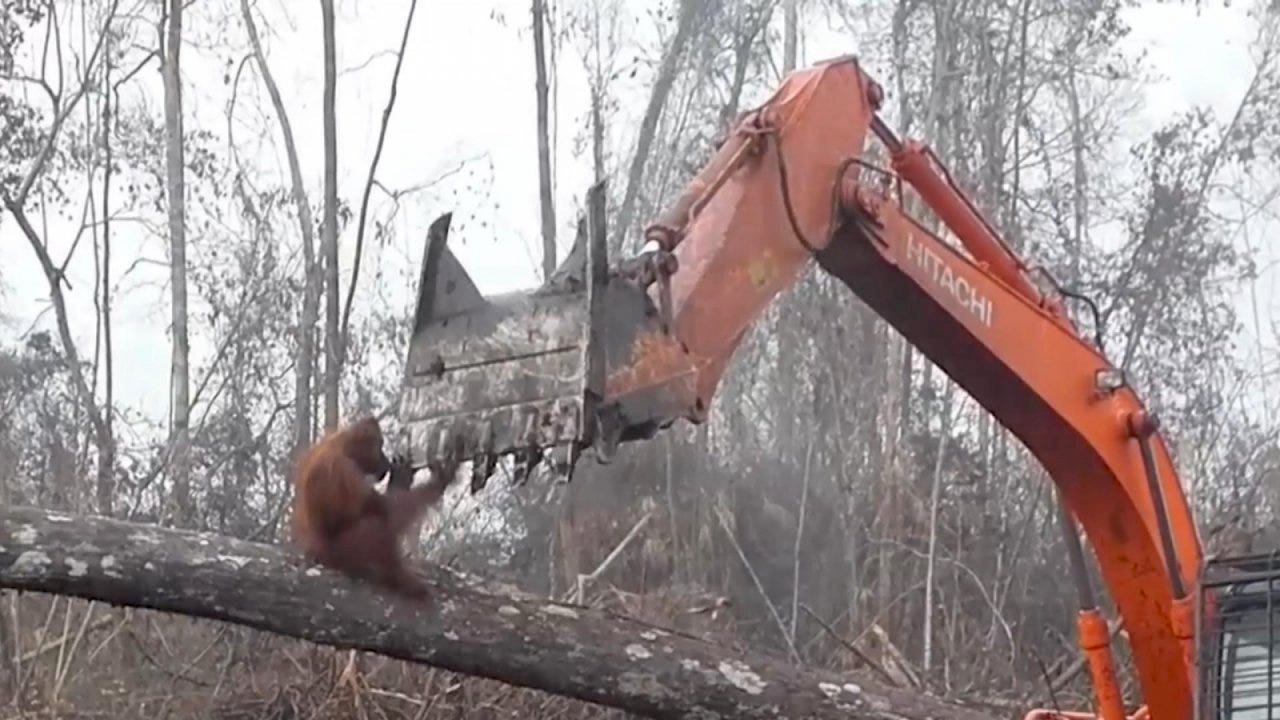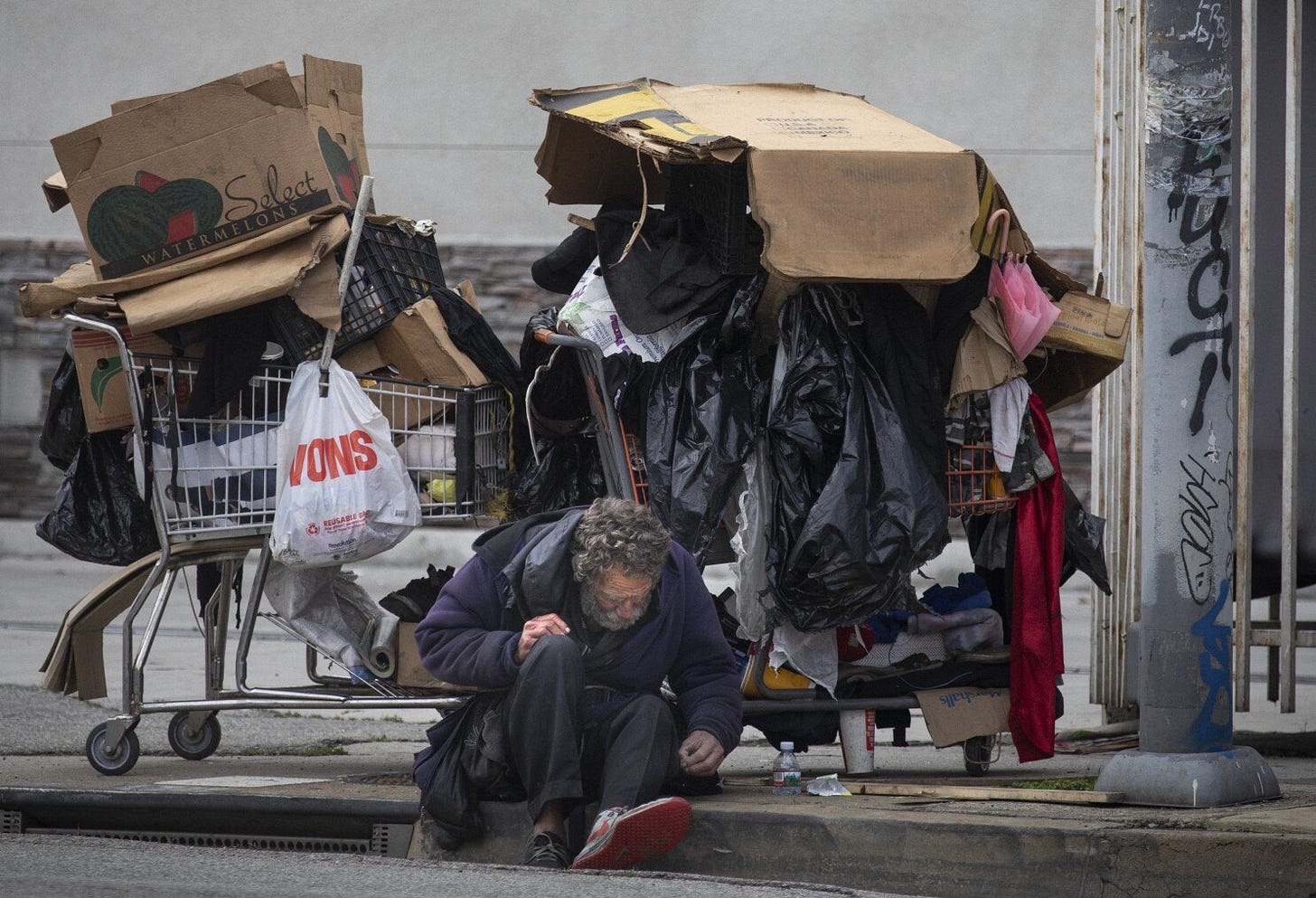The Missing Conversations of Climate Change
Technology alone won’t save us. We need enlightenment.

As I research and write about climate change, there are days I feel overwhelmed by the contradictions I find, and I am sometimes depressed by the critical questions not being asked, let alone addressed. This morning as usual I went through my emails ranging from mainstream sources such as the NY Times, Washington Post, Bloomberg and Reuters, to independent writers and smaller resources free of corporate money, digging for the truth. Some of the content I see makes me wonder if we ever reached the vaunted Age of Enlightenment, or if that was merely a brief flicker of reason by a handful of exceptional brains, in a history of little to no reason whatsoever. No offense intended, but I really don’t need any more stories about what a nice guy Mathew Perry was.
The exact date of the beginning of the Age of Enlightenment is argued among scholars. In general, it can be considered a philosophical and intellectual movement in Europe of the 17th and 18th centuries made possible by advances in science, and the ability to exchange thoughts and ideas through scientific academies, literary salons, printed books, and journals. These forums advanced important ideas we’re familiar with today — natural law, liberty, progress, tolerance, fraternity, constitutional government, and separation of church and state.
All these ideas, foundational to just societies, are under withering attack today.
I read with great interest the latest developments in deceptively named “green” energy. Harvesting energy, whether drilling for fossil fuels or mining for minerals to create battery grids for wind and solar energy storage, are deeply environmentally and socially destructive themselves, even if they can ultimately cut our carbon and methane emissions. Lost in our panic over global warming, however, is the Sixth Extinction rolling out at a rate 35 times higher than the last million years, were it absent of humans. The species lost in the last five hundred years would have taken 18,000 to vanish without Homo sapiens wanton destruction of ecology. According to a 2019 report by the Intergovernmental Science-Policy Platform on Biodiversity and Ecosystem Services (IPBES), a UN committee comprised of 145 experts from 50 countries, one million of the planet’s eight million species are threatened with extinction by humans. The situation has only worsened since then, with unabated and accelerating habitat destruction, to which mining and deployment of renewable technology contributes profoundly.

This is not to say I don’t believe we need to move to renewable energy, I do. With eight billion people in the world made possible only from the energy provided by fossil fuels, we can’t simply stop burning them without replacement. That would cause complete societal breakdown and the deaths of billions. I look at it as akin to a heroin addict coming down on methadone. The addiction still exists, the underlying problem, behavioral, is still not addressed, and the replacement drug itself is an issue. Our frantic attempt to transition to renewables will be for naught if we don’t ask the right questions, critique our behavior and change it. At best, renewable energy may buy some time to address our brutality, greed, lies, and penchant for destroying what we depend on. Ultimately, we must learn to live within the limits of the Earth, or it’s game over. We must address two unpopular questions which are determining our fate, overpopulation and overconsumption.
When I was a kid, overpopulation was a topic in school. I don’t remember which grade, but definitely before junior high. Probably social studies in fourth or fifth grade. We were taught the obvious, the world is only so big, and can only support so many of us. Duh. Why am I having to talk about this now, 50 years later?
Overconsumption was not part of the curriculum I remember, but my awareness of it certainly bloomed by my mid-teens. When I looked at the sheer magnitude of our possessions, our cars, our houses, and our needless tchotchkes used to indicate a good American life, I could feel how hollow and wrong it was. I was already infected with brand awareness, that driving a Chevy was okay, but a Cadillac was much better, and that a Corvette made you sexy and got you sex.
I grew up solidly middle class, at a time when the middle class was supported by government policy, before Reagan unleashed neoliberal economics on us. My parents, who came from little, modest to poor families, worked hard to become middle class. As my father studied for his master’s degree in fine arts, simply wanting to be a teacher, his food for the week away at school was often a bag of oranges and a package of hot dogs, as my mother waitressed to help us reach a place of security.
Now, many of us never reach security, just managing to stay one step ahead, one or two financial setbacks away from homelessness.

The wealth gap has never been greater. The top one percent of Americans possess sixteen times more wealth than the bottom 50 percent.
After my father graduated, he was often punished for being a great teacher and his passion to do the best for his students. He was an idealist and I admire him to this day for his courage and willingness to take on any kind of work to keep us safe, when things got tough, as they often did. We were forced to move frequently because of his principles and other people’s lack of them. It exacted a price on all of us — my mother, my sister and myself — but I grew up with a clear picture of right and wrong.
When Christmas or birthdays came, my sister and I were lavished with gifts, not just from my parents, but other family members as well. My mother’s father, a non-practicing Jew, was a child when his family fled Russia during the 1917 revolution. Rather unusually, my grandfather was the spirit of Christmas itself, inspired by the opportunity to give to other people, to spread a little joy. When he died, Christmas was changed forever. His tradition was to wait until the last minute to buy my grandmother’s gift, loving the crowds and madness, and coming home with something glittering, but modest from a jewelry store, reflecting the fact that even after they “made” it, they were of modest means. He sold shoes when he was younger, and his success came later in life in a job for the Magnavox Corporation. The only home my grandparents ever owned was purchased in their 40s, built by hand by the old man next door, Mr. Rhodes, who grew a big vegetable garden every year. The house was tiny, but crafted with love, and full of details and charm. The house was only made possible by the man who hired my grandfather at Magnavox, who offered him a salary above what he asked for, because it was a time when even corporations exhibited a conscience.
These are beautiful memories to me, of course, but now my perspective is much different with the crises we face on our planet.
By the time I was experiencing Christmas in the 1960s and 1970s, America had long become the predominant power in the world. Power is the polite word, the real word is empire. Corporations no longer exhibit any humanity, and the military industrial complex Eisenhower warned of is fully established.
I realize now the very expressions of love I received at the holidays were already appropriated by corporate messaging through unrelenting advertising, that to express love we need to buy things. This put unfair pressure on everyone, as it still does. If you’re a parent that can’t afford the expensive toy your child’s friend got (or these days a damn smartphone, the ultimate 24/7 personal brainwashing device, at least until we’re chipped at birth), you feel bad. So credit cards were invented to hide our shame and boost consumption artificially. If we accrue debt on them, for many people it’s not a holiday choice, but a necessity to get by, pressure that further controls us.
When I was a very little boy, from about five to nine, my dad and I built model airplanes and cars on a big round table with the legs cut short to child size, in the basement he finished with his love, as a play space for me and my sister. He and my mom were pretty much babies then, as we all are in our twenties. Most of the models I remember were airplanes, WWII fighters. I remember a Corvette. Corvettes were already established in my vulnerable little boy brain.
My father was neither a war guy nor a protestor, just a teacher and fine artist, trying to take care of his family and students. Certainly America’s involvement in WWII was righteous and necessary, yet now I see that building WWII model airplanes was on some level a subliminal acceptance of the war machine in general. My mother and father are about as non-violent as it gets. I walked door-to-door campaigning for George McGovern with my mom, when he campaigned for president. Much to my annoyance, my parents’ concerns about violence resulted in my toy guns being removed and Saturday morning Loony Tunes cartoons banned. I made them miserable over the cartoons until I got them back, though. So ha.
In spite of this care and concern, in the act of father and son bonding, we built models of things that in real life carried out death. This is how subtle brainwashing can be.
Specifically to global warming, we built a fancy see through model of a “working” V-8 engine, neither of us realizing internal combustion was killing the planet, even though the oil companies knew full well.
This personal story I share is for good reason. These people I love or loved, all caring, decent people, were manipulated to believe certain things, or be blind to others, by organized forces that exist for nothing but profit. They planted things in my brain as a child. These forces don’t exist to raise our consciousness as the thinkers of the Age of Enlightenment attempted to, their goal is to dumb us down and settle for far less than we can be. They’re clever, but have no wisdom, and every day we get up and work for them, we are cogs in the machine of our own demise. This is not about politics or religion, devices used to divide us, it’s about our commonality, living on a tiny, fragile, blue and green dot, full of life, wonder and beauty, everything we need for our minds, bodies, and souls. It is time to raise our game, be vocal, and take the risks we must. This is humanity’s last stand.



Thank you for the links, Sean. I firmly believe the root of our dilemma is behavioral. It's stunning to watch irrefutable evidence of climate change ignored, and a serious, concerted effort to deal with it rationally and rapidly ignored or green washed. How can people not understand our wildly changing weather is the result of climate change and threatens the most basic underpinnings of civilization, access to water and stable agriculture? Some of us do.
I think I was the last person in America to own a microwave, and my ex forced a cheap cell phone on me at some point. The only reason I ended up with a smartphone was I dumped the cheap track phone in the toilet, doh! Apple had a phone available for the cost of the plan plus a buck, so I upgraded. That one ended up in a swimming pool, so I had to buy another. It's an iPhone 7, eight generations behind, and the iMac I write on dates to 2013. I refuse to be a hostage. The Joneses are laughing at me. Glad you liked the article, thanks. : )